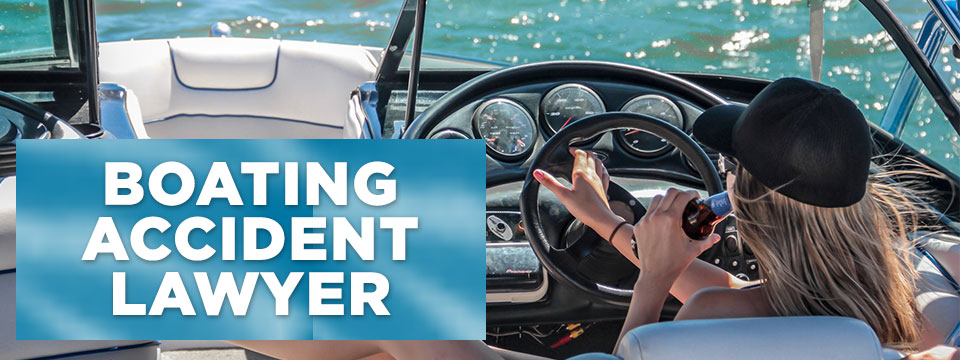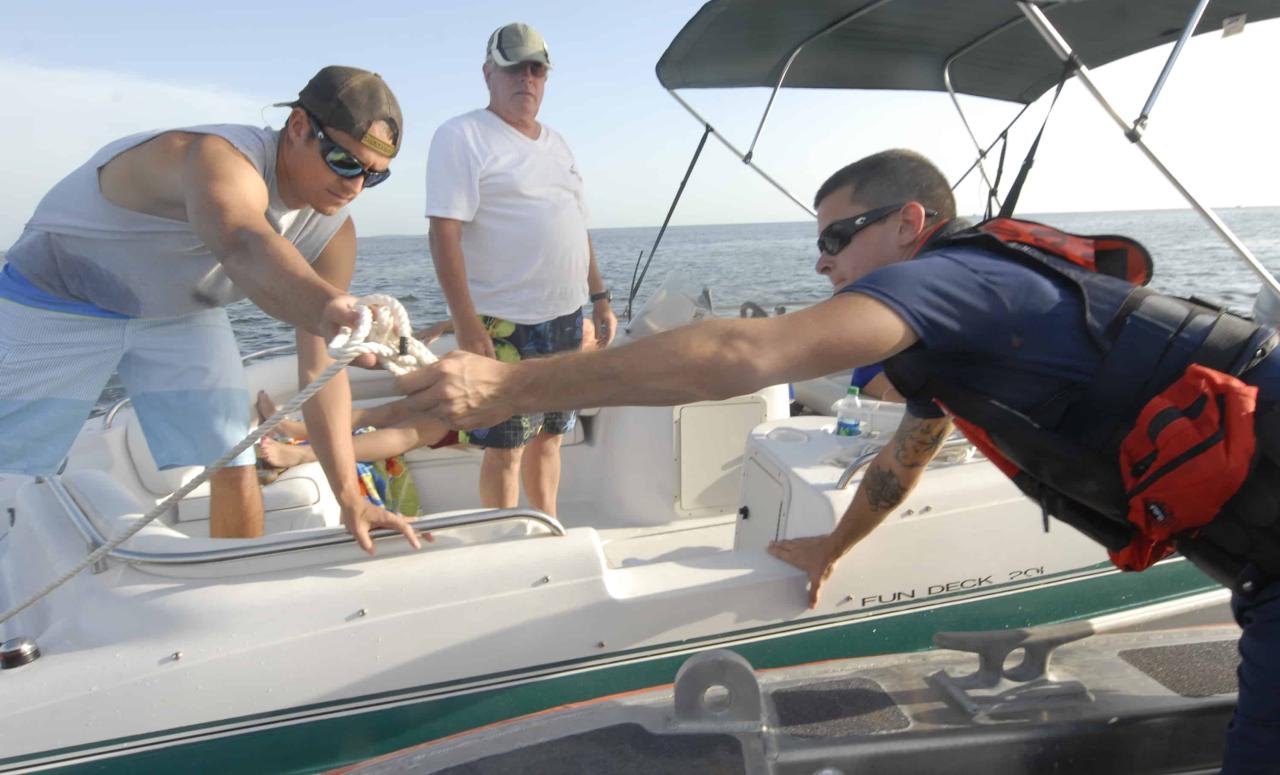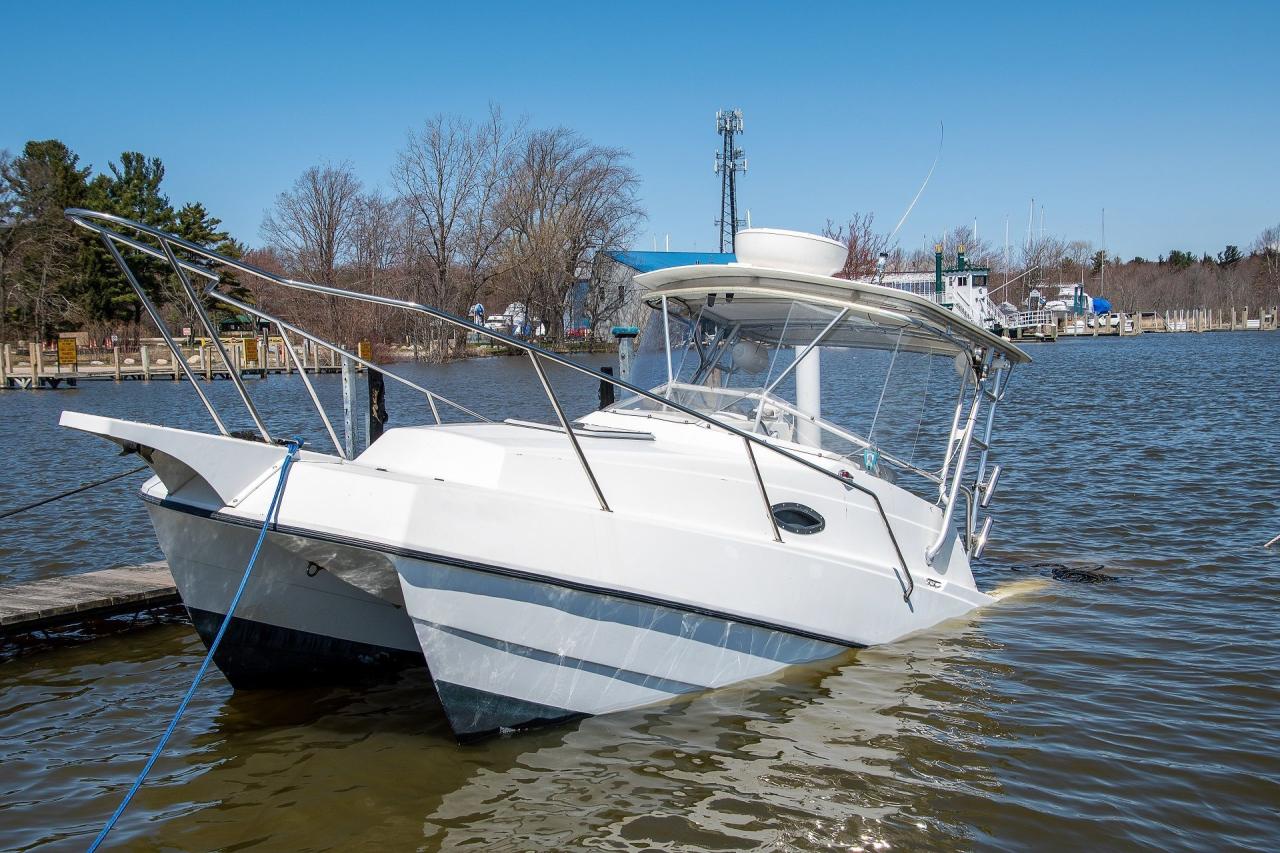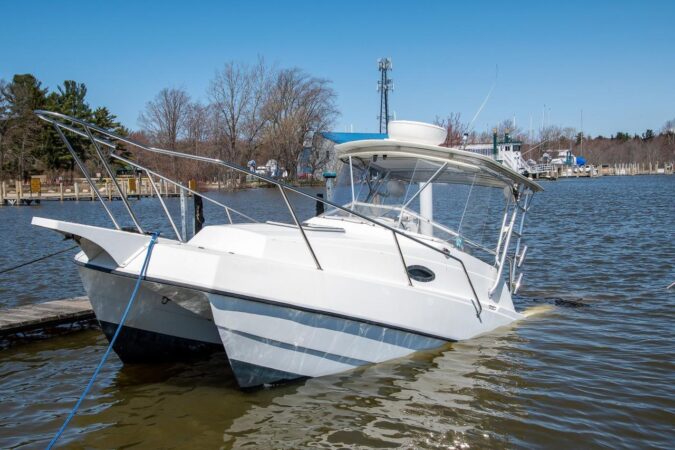
Overview of Boating Accident Lawsuits

Boating accidents can result in severe injuries or even death, and understanding the legal framework governing such lawsuits is crucial. These cases involve complex maritime laws and regulations, making it essential to seek legal representation from an experienced boating accident lawyer.
Common causes of boating accidents include operator negligence, equipment failure, and adverse weather conditions. Legal issues associated with these accidents often involve determining liability, assessing damages, and navigating insurance coverage.
Liability in Boating Accidents
Establishing liability in boating accidents requires proving that the defendant breached their duty of care, causing the plaintiff’s injuries or damages. Liability can be assigned to boat operators, manufacturers, or other parties responsible for maintaining safe boating conditions.
- Operator Negligence: Operators are responsible for operating their boats safely and adhering to all applicable laws and regulations.
- Equipment Failure: Manufacturers and distributors can be held liable for defective or malfunctioning equipment that contributes to an accident.
- Adverse Weather Conditions: While weather conditions can impact boat safety, they do not absolve operators from their duty of care.
Damages in Boating Accident Lawsuits
Damages in boating accident lawsuits can be significant and include:
- Medical Expenses: Compensation for medical treatment, rehabilitation, and ongoing care.
- Lost Wages: Reimbursement for income lost due to injuries or disability.
- Pain and Suffering: Compensation for physical and emotional distress caused by the accident.
- Wrongful Death: Damages awarded to family members in the event of a fatal boating accident.
Determining Liability in Boating Accidents

Liability in boating accidents is determined based on legal principles and concepts, primarily negligence. Negligence refers to the failure to exercise reasonable care, resulting in harm or damage to others. In boating accidents, negligence can manifest in various forms, ranging from reckless behavior to failing to maintain proper safety measures.
Negligence and Boating Accidents
Establishing negligence in boating accidents involves proving four key elements:
- Duty of care: All boaters have a legal duty to operate their vessels with reasonable care, considering the safety of others on the water.
- Breach of duty: Negligence occurs when a boater fails to meet their duty of care, such as operating the boat under the influence of alcohol or exceeding safe speed limits.
- Causation: The breach of duty must be the direct cause of the accident and resulting injuries or damages.
- Damages: The injured party must have suffered actual damages, such as medical expenses, lost wages, or property damage.
Determining the degree of negligence can vary depending on the circumstances of the accident. For example, a boater who knowingly operates their vessel while intoxicated may be considered grossly negligent, leading to higher liability. Conversely, a boater who was momentarily distracted and caused a minor collision may be found to have acted with ordinary negligence.
Legal Representation in Boating Accident Cases

Hiring a boating accident lawyer can provide numerous benefits. They have a deep understanding of maritime law, can help you navigate the legal process, and can maximize your chances of obtaining a favorable outcome.
When choosing a lawyer, look for someone who specializes in boating accidents, has a proven track record of success, and is well-respected in the legal community. It’s also important to find a lawyer who is responsive, communicates effectively, and whom you feel comfortable working with.
To work effectively with your lawyer, be open and honest about the details of your case, provide them with all relevant documentation, and follow their advice. Keep in mind that communication is key, so don’t hesitate to reach out to your lawyer with any questions or concerns you may have.





